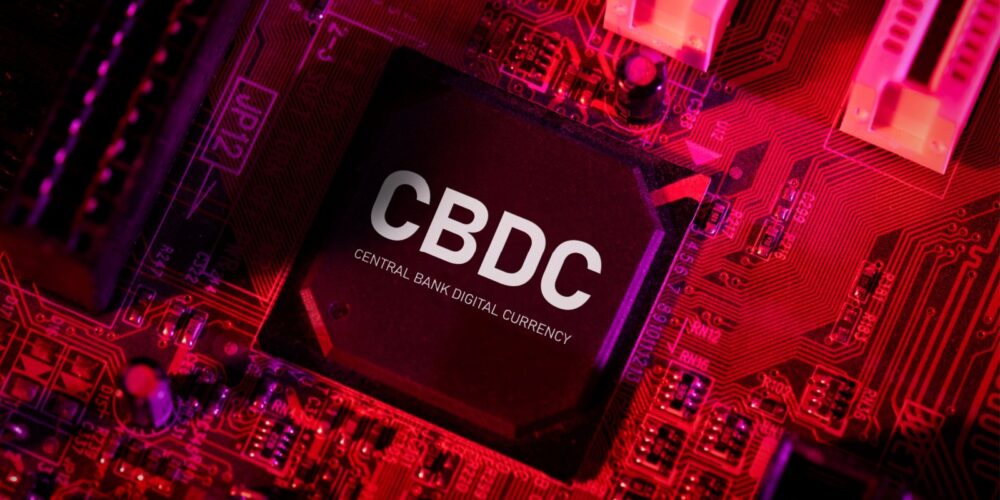Pilot Retail CBDC in Thailand’s Bank with G+D: Key Findings and Perspectives

The Bank of Thailand Tested Retail CBDC Using Giesecke+Devrient Technology
The Bank of Thailand (BOT) has successfully completed a pilot project of Retail Central Bank Digital Currency (CBDC) aimed at exploring new possibilities in financial innovation. As part of the experiment, a technological solution from the renowned company Giesecke+Devrient (G+D), Filia®, was utilized.
Key Findings from the Bank of Thailand’s Report on Retail CBDC
According to the report prepared by the Bank of Thailand, the pilot study has yielded four key insights regarding the applications of Retail Central Bank Digital Currency:
- Retail Payment Handling: CBDC can efficiently handle various use cases for payments, both online and offline.
- Catalyst for Innovation: Retail CBDC can serve as a motivating factor for innovation in the financial sector, paving the way for programmable payments.
- Open Infrastructure: CBDC can be accessible to various payment service providers, opening up new possibilities for the financial industry.
- Enhanced Resilience: Retail CBDC can be an alternative to boost resilience compared to existing payment infrastructures.
Testing Retail CBDC in Practice
The pilot project was conducted from the end of 2022 until October 2023. It involved testing various use cases, such as online transactions using QR codes, offline payments with payment cards, and wallet identifiers between individuals and merchants.
G+D Filia® Solution as a Key Implementation Component
G+D Filia® provided the foundation for creating an environment for payment service providers, merchants, and end-users during the implementation of the pilot project for Retail Central Bank Digital Currency by the Bank of Thailand.
Utilization of Pilot Results by the Bank of Thailand
The final report on the pilot emphasized that the Bank of Thailand intends to leverage the acquired experiences for the development of the country’s payment infrastructure, supporting both financial institutions and society.
Dr. Raoul Herborg from G+D highlighted that the effects of the pilot indicate the potential of public digital money to stimulate competition among payment service providers, promote financial innovation, and ensure efficient services for society.






